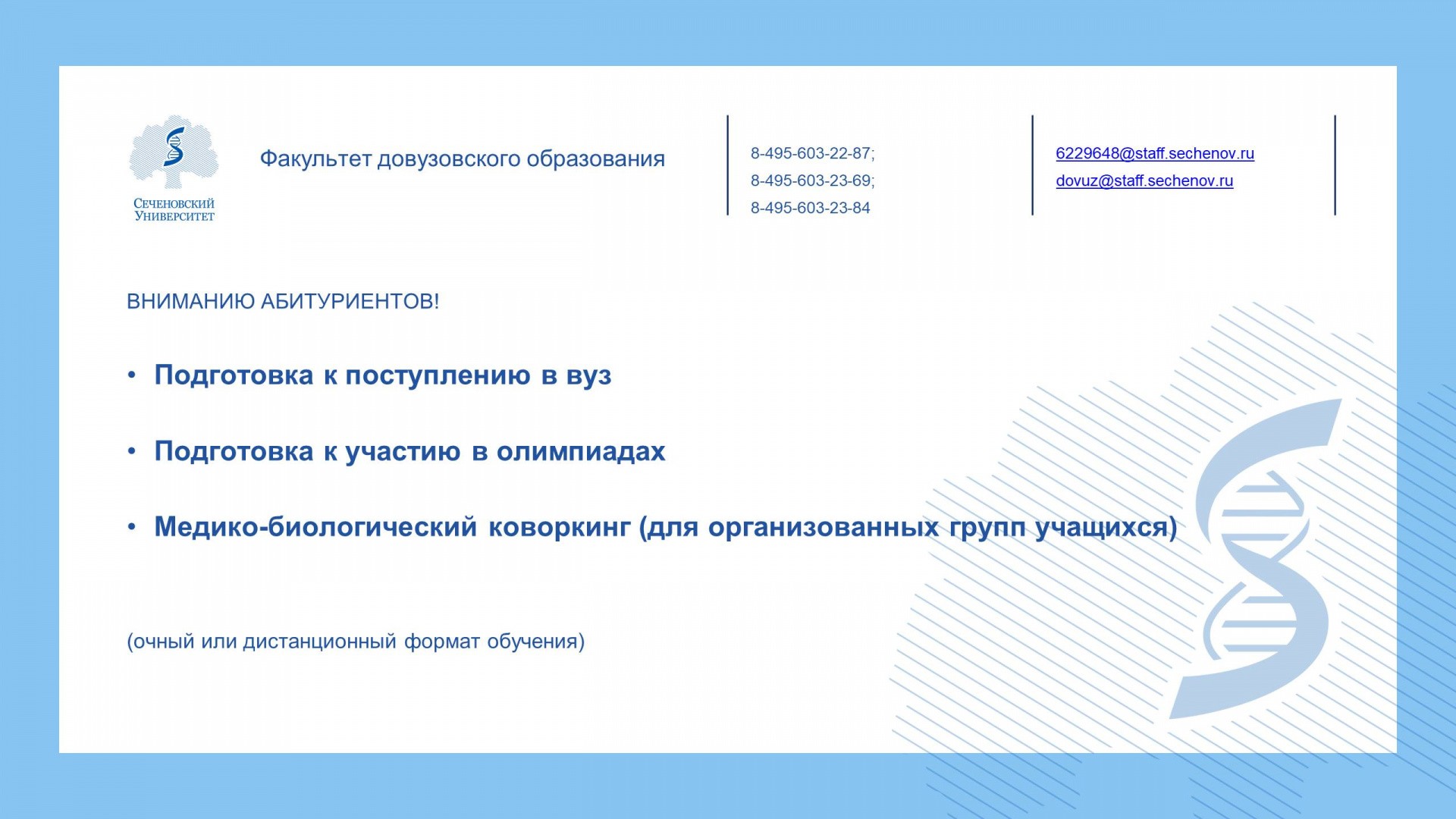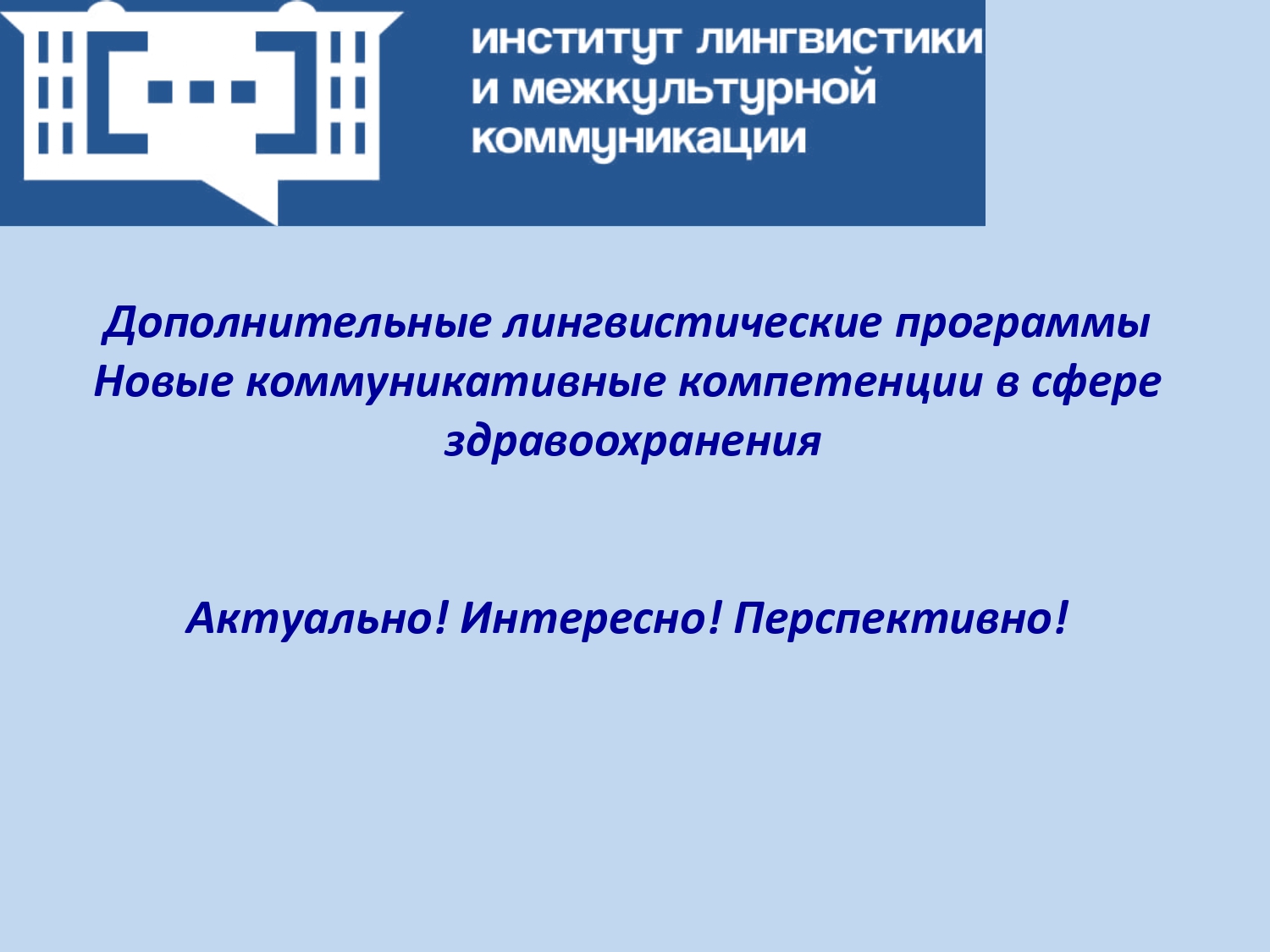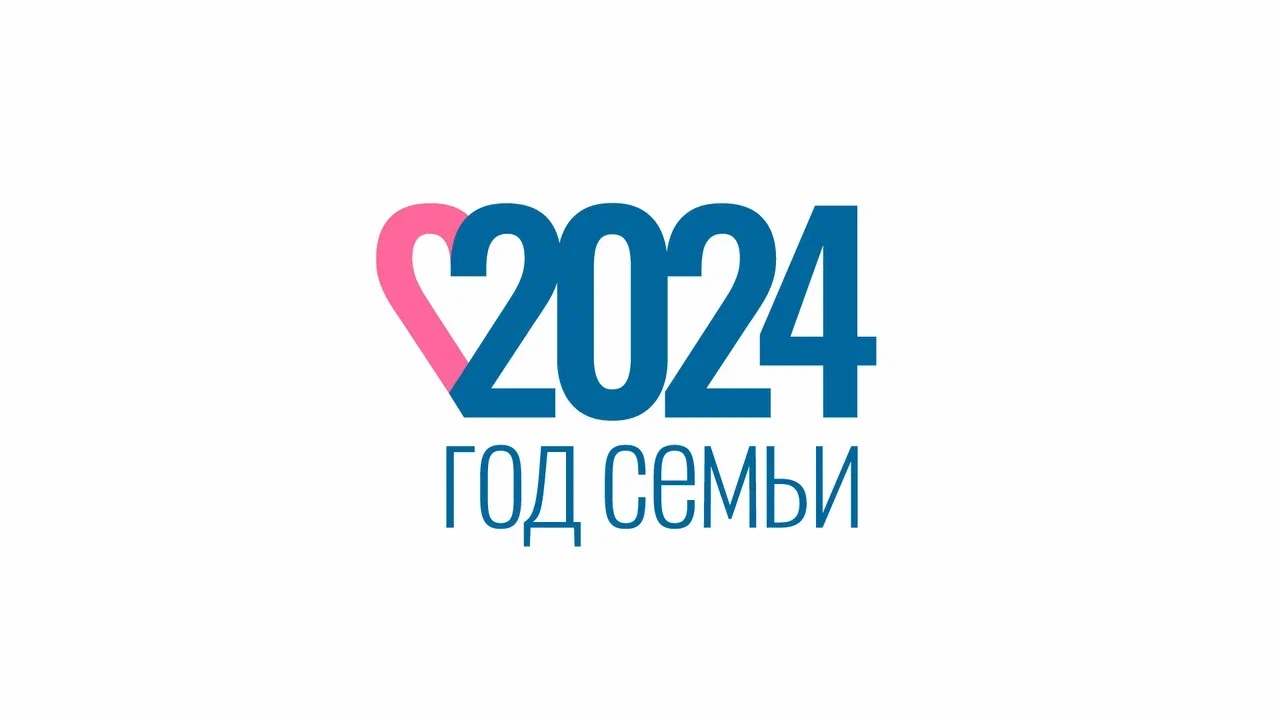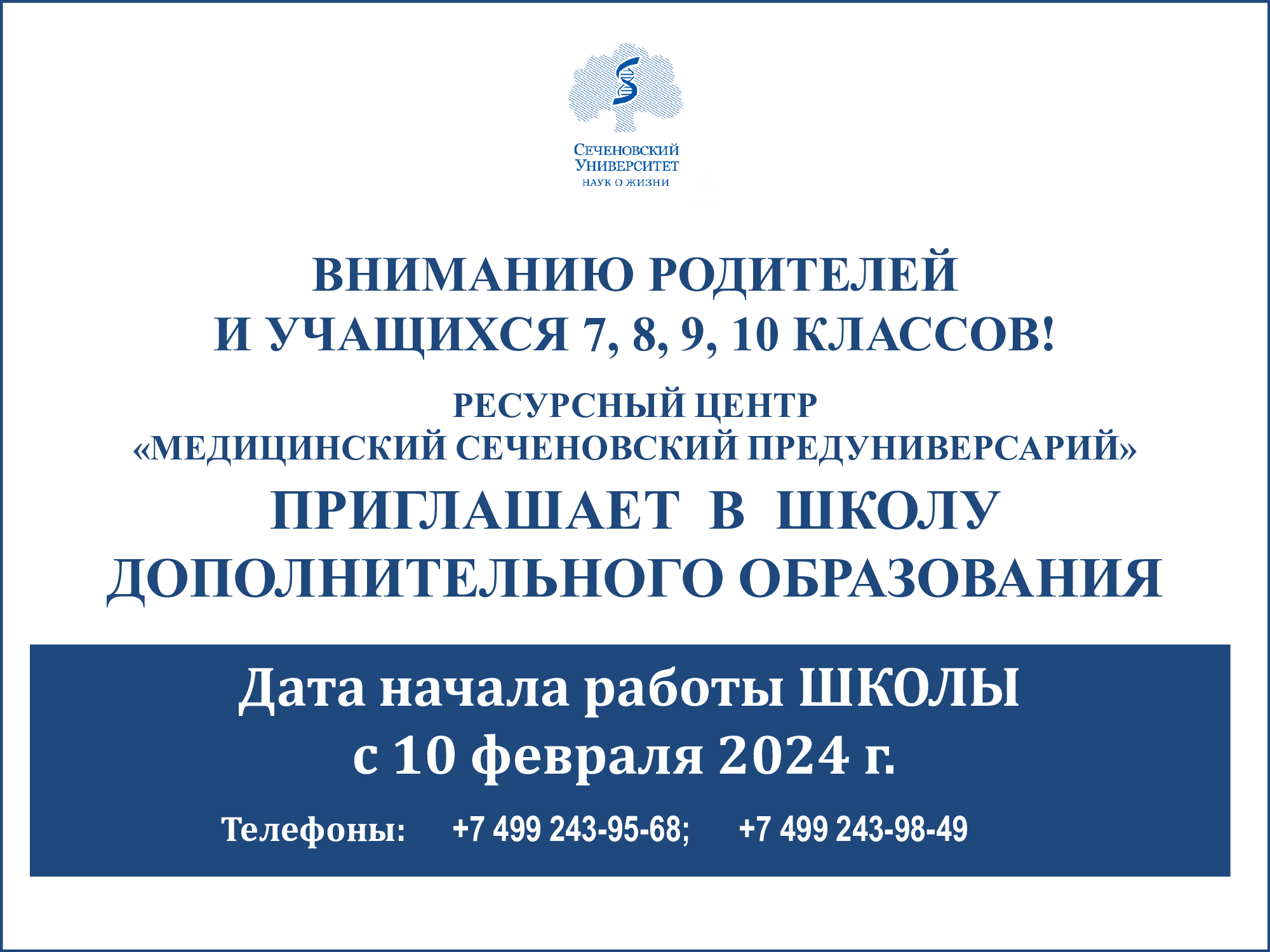Репозиторий Университета
Biological materials in breast cancer reconstructive surgery
Аннтотация
© 2018 Russian Photodynamic Association. All rights reserved. Currently, reconstructive-plastic surgery is becoming the standard for surgical and combined treatment of breast cancer (BC) patients. With a one-stage reconstruction of the breast, the use of biological implants that can replace muscle autografts and, consequently, reduce trauma, blood loss and operation time, and also to avoid defects in the donor zones is becoming topical. From 2014 to 2017, 151 reconstructive operations on 121 patients with BC (average age 41.5 years) using synthetic and biological materials were carried out in P.Herzen Moscow Oncology Research Institute. 0 stage of BC TisN0M0 was diagnosed in 11 (9.1%) patients, I stage - in 52 (42.9%), IIA - in 41 (33.9%), IIB - in 9 (7.4%), IIIA - in 4 (3.3%), IIIB - in 2 (1.7%), IIIC - in 2 (1.7%). To strengthen the lower slope, a biological implant - Permacol acellular dermal matrix, was used in 34 cases. Cosmetic result was rated as excellent in 20 (58.9%) cases, good in 11 (32.3%), unsatisfactory in 3 (8,8%). Biological materials are an important addition to various options for breast reconstruction. The criterion for selecting the material for strengthening the lower slope of the breast with subcutaneous or cutaneous mastectomy for cancer with a one-stage reconstruction using a silicone endoprosthesis is the pinch-test value.
Вернуться назад









